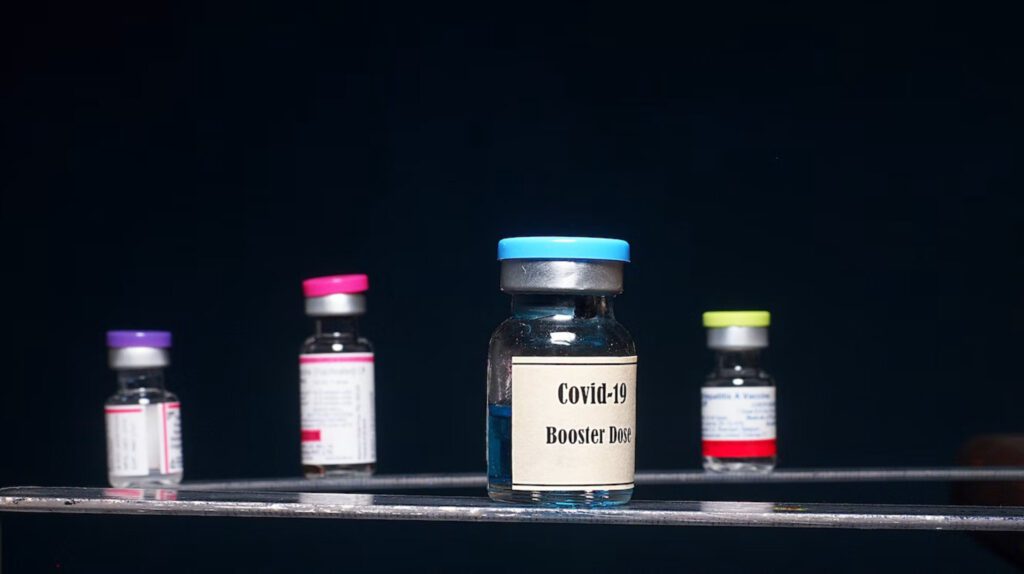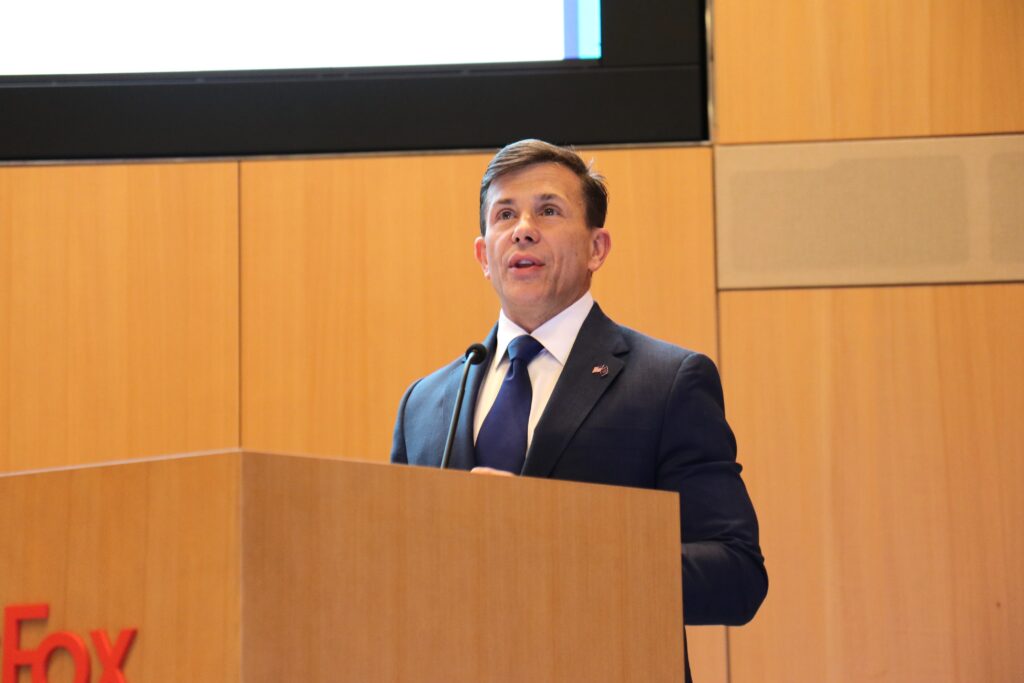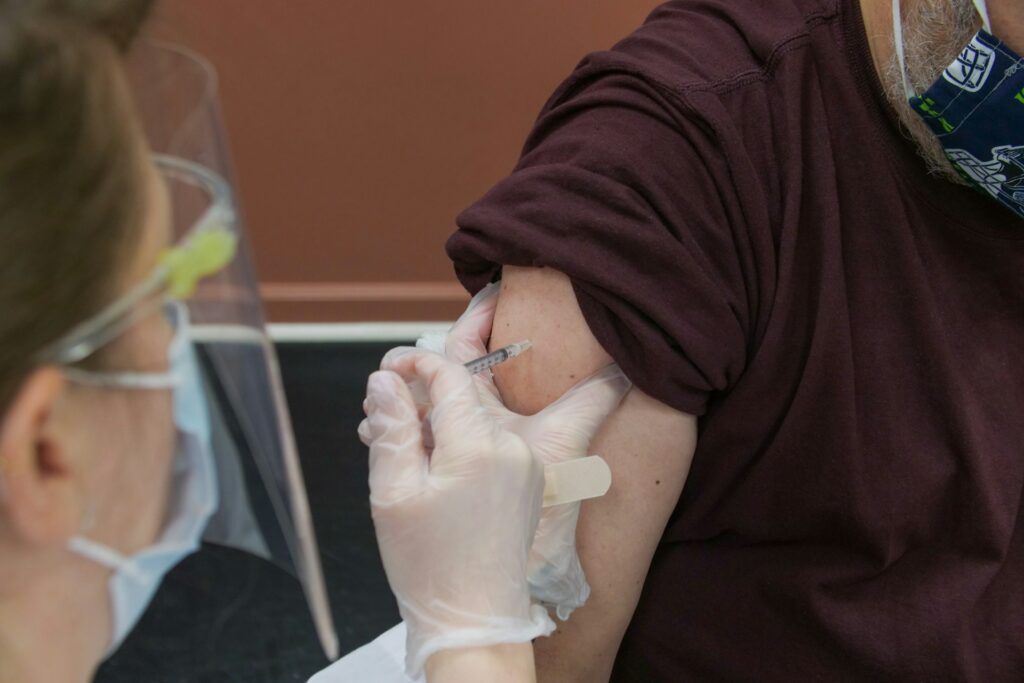While awaiting for the public hearing on the proposed expansion of the COVID IP waiver that the U.S. International Trade Commission (USITC) has scheduled March 29-30, the Biotechnology Innovation Organization (BIO) and the Council of State Bioscience Associations (CSBA) called on the U.S. government to reject the waiver.
In line with its call for public input, the United States Trade Representative (USTR) was accepting public requests to speak until March 15 and the pre-hearing briefs and statements until March 17, whereas it will accept written submissions through Friday, May 5.
Since the very beginning, BIO opposed both the waiver and its expansion, which “would send U.S.-developed innovative technologies and biomanufacturing jobs overseas.”
BIO reiterates the risks of the IP waiver
The World Trade Organization (WTO) has been considering expanding the waiver of IP protections for COVID-19 vaccines to therapeutics and diagnostics after agreeing to the waiver last June.
Per BIO comments filed with the USTR, “a waiver of IP rights would significantly disrupt the existing investment and research landscape in the biotechnology sector globally—with a particularly acute impact on U.S.-based SME biotech firms,” as well as compromise U.S. life sciences leadership and pandemic preparedness.
The fact is that the strong IP rights have enabled the rapid development of COVID-19 vaccines, therapies, and diagnostics, and that IP “provides a reliable legal foundation for companies to voluntarily license their IP to enhance research collaborations and provide timely, equitable global access to safe and effective therapeutics,” says BIO.
Removing IP rights for political reasons “threatens innovation without improving the distribution of medicine,” BIO’s patent lawyer Hans Sauer previously warned, stressing that the possible extension of the waiver ”may be quite extensive.”
Sauer also reminded of the fact that “many of the medications that would lose their patents under a broader waiver were originally created to treat other diseases,” pointing out once again that the waiver was always “a political calculation.”
The waiver risks seriously harming future innovation since over 60% of COVID-19 therapeutics in development have other indications, and 87% originated from U.S.-based small- and medium-sized biotech companies.
The effects on innovation and employment
As BIO noted in its letter to USITC, “the exposure of an IP waiver is particularly acute to United States based biotech firms,” especially SMEs, and that U.S. biotechnology innovators “account for over 50% of the COVID-19 therapeutic research and development programs globally.”
“An IP waiver for COVID-19 therapeutics would therefore directly target U.S. innovation and IP rights, effectively allowing foreign competitors to leverage this IP to advance their economic agenda and research capabilities without any negotiation with the IP rights holders and without any objective demonstration that these IP assets have restricted access to therapeutics,” the letter warns.
Citing an October letter, the Council of State Bioscience Associations (CSBA) said that “ultimately, IP is essential to support our biotech companies which employ millions across the United States. “Waiving IP would compromise the ability for the U.S. private companies to properly respond to future pandemics and jeopardize research efforts in other related fields.”
BIO and at least half a dozen BIO and CSBA members have requested to testify in person at the USITC’s public hearing on March 29-30.
In the meantime, as Bio.News previously reported, USTR is also waiting for the results of the in-depth analysis it has requested from the USITC “on the market dynamics for existing COVID-19 therapeutics and diagnostics, the impact of an IP waiver on products not yet on the market and on products with other indications, the relationship between IP and research in the health sector, and the impact on jobs.”




